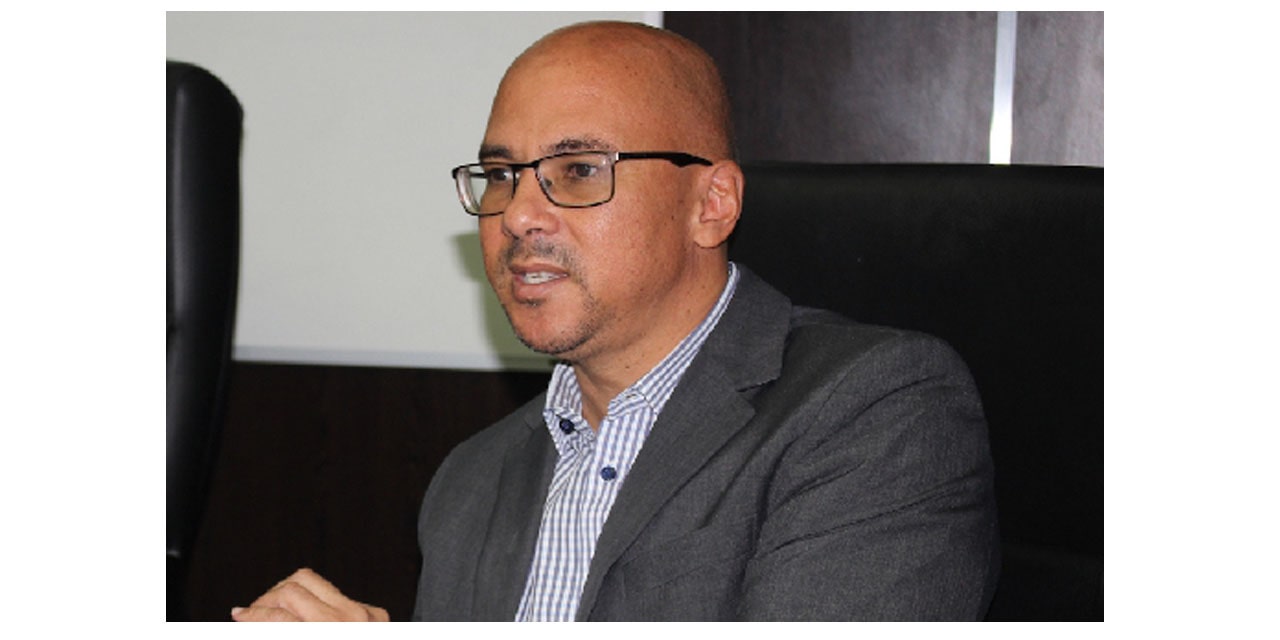Obrein Simasiku
Former Presidential advisor on economics and ex-statistician general, Dr John Steytler says the next Vice President of Swapo, who in most probably will become the President of the country after the 2024 Presidential election should be a person that will grow and stabilise the country’s economy.
“We need someone who will be strong enough with a financial understanding including his whole team, because these are the key players especially the deputy and minister of finance. Reforms need to be done in order to handle the fiscus very well, if not, then we will not recover quickly,’’ Steytler said of his choice of candidate, allow he pointed out that all three candidates are strong in their respective fields.
The former statistician general, is also of the opinion that on the long term the economic outlook is quite optimistic, adding that the successful implementation and operationalisation of the Green Hydrogen, will kick start and grow the economy faster.
Analysts are of the view that Saara Kuukongelwa-Amadhila is the perfect fit for he World Bank economist’s preferred candidate for the Vice President position.
The candidate is fortunate to have someone like Obeth Kandjoze, the Director General of the National Planning Commission, in her corner, who is one of the main drivers of the green hydrogen programme in the Office of the President.
Kandjoze is part of the Kuukongelwa-Amadhila camp, is a delegate to the congress and is also a candidate for the Swapo Party’s Central Committee.
It was only during Kuukongelwa-Amadhila’s tenure as Finance Minister that the country saw a budget surplus in three budget years. Although some say that it was because of high Southern African Customs Union receipts, no treasury chief has achieved this feat.
“Under my tenure, the country posted three consecutive budget surpluses. We kept these surpluses in reserves and were able to use them to reduce debt from 34% of GDP to about 16%, and then support the implementation of strategic programmes, especially on infrastructure,” she recently boasted in an interview.
During the campaign she also raised the debate by discussing in-depth ideas about reviving the economy.
“The three candidates have a good track record, if you look at the Prime Minister when she was minister of finance, she was doing very well steering the economy,’’ state the former World Bank employee.
The candidates are Kuugongwelwa-Amadhila, Netumbo Nandi-Ndaitwah and Pohamba Shifeta, Environment, Forestry and Tourism Minister, in what is seen as a stiff contest, as the 7th congress draw closer.
On the other hand, if you look at Netumbo, ‘’she is equally fine in her international relations ministry as she’s working hard and putting the country on the map. In terms of Shifeta, he is managing the environment ministry well, as we see good environmental laws where we see our wildlife being protected,” he added.
“All in all they are bringing in their best qualities, so I can’t really lean on one. Also we don’t know what economic challenges might arise, as we know Namibia is vulnerable to external shocks, so even the best person may not have control over such factors,” he summarised.
Rainer Ritter, the former CEO of Namfisa in a critique of Kuukongelwa-Amadhila’s economic blue prints said: ‘’The main economic problem Namibia is facing is unemployment. The next President must demonstrate the ability to reform, consolidate public expenditure, reform SOEs, introduce strict accountability, have sustainable pro-growth policies, improve productivity and competitiveness and address poverty through an inclusive approach and fight corruption.’’
Kuukongelwa-Amadhila’s solution to some of these challenges is to unleash the ‘’massive savings in the in local insurance companies, pension funds and even commercial banks, through public-private partnerships, into the Namibian economy so that we improve services to the Namibian people, revive the economy and boost the construction industry.”
Steytler on the other hand advised that the government should watch its spending, mainly to shift the high focus on operational budget, which he says often leaves little on the capital investments. “We have to find a way to spend on capital projects for developmental attainment. The revenue situation does not look very good, let’s hope there can be some recovery with SACU revenue collection, then we maybe fall back in the right trajectory,” he said.




